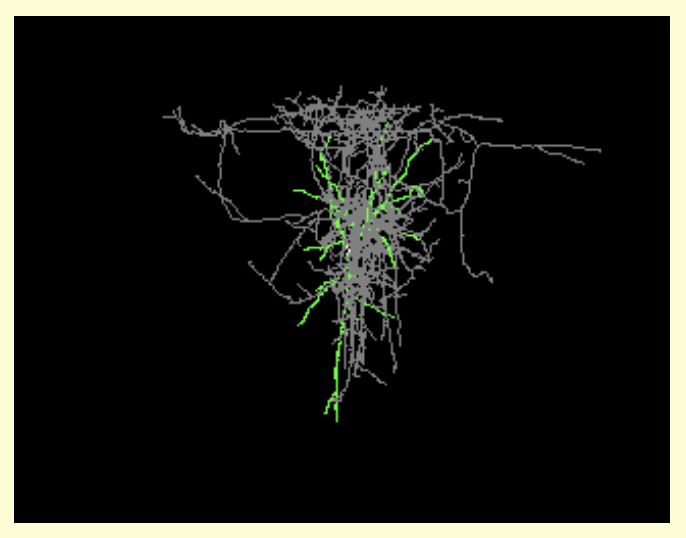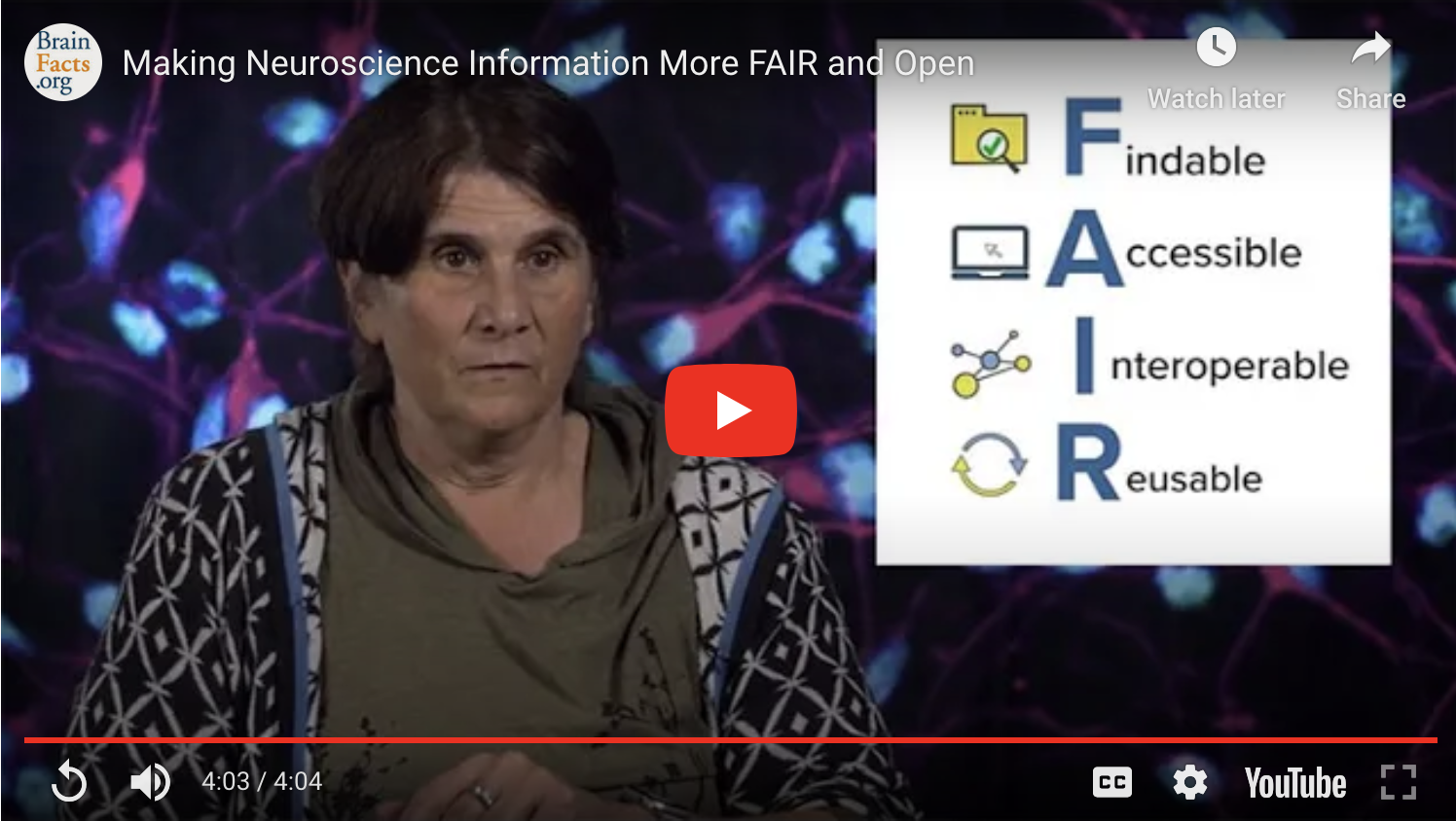Proper Citation: PyMVPA (RRID:SCR_006099)
Description: A Python package intended to ease statistical learning analyses of large datasets. It offers an extensible framework with a high-level interface to a broad range of algorithms for classification, regression, feature selection, data import and export. While it is not limited to the neuroimaging domain, it is eminently suited for such datasets. PyMVPA is truly free software (in every respect) and additionally requires nothing but free-software to run. Decoding patterns of neural activity onto cognitive states is one of the central goals of functional brain imaging. Standard univariate fMRI analysis methods, which correlate cognitive and perceptual function with the blood oxygenation-level dependent (BOLD) signal, have proven successful in identifying anatomical regions based on signal increases during cognitive and perceptual tasks. Recently, researchers have begun to explore new multivariate techniques that have proven to be more flexible, more reliable, and more sensitive than standard univariate analysis. Drawing on the field of statistical learning theory, these new classifier-based analysis techniques possess explanatory power that could provide new insights into the functional properties of the brain. However, unlike the wealth of software packages for univariate analyses, there are few packages that facilitate multivariate pattern classification analyses of fMRI data. This Python-based, cross-platform, open-source software toolbox software toolbox for the application of classifier-based analysis techniques to fMRI datasets makes use of Python's ability to access libraries written in a large variety of programming languages and computing environments to interface with the wealth of existing machine learning packages.
Abbreviations: PyMVPA
Synonyms: Python MVPA, Multivariate Pattern Analysis in Python, PyMVPA - Multivariate Pattern Analysis in Python
Resource Type: software toolkit, software resource, software application
Defining Citation: PMID:19184561, PMID:19212459, PMID:20582270
Keywords: python, machine learning, fmri, eeg, neuroimaging, image analysis, scripting, multivariate pattern analysis, brain, meg, extracellular recording, algorithm, reusable library, analyze, c, console (text based), eeg, meg, electrocorticography, frequency domain, independent component analysis, linear, modeling, magnetic resonance, multivariate analysis, nifti, nonlinear, os independent, pet, spect, principal component analysis, python, regression, spatial transformation, statistical operation, temporal transformation, workflow
Expand Allis listed by |
|
is related to |
|
is related to |
|
has parent organization |
|
has parent organization |
Otto-von-Guericke University Magdeburg; Saxony-Anhalt; Germany |
We found {{ ctrl2.mentions.total_count }} mentions in open access literature.
We have not found any literature mentions for this resource.
We are searching literature mentions for this resource.
Most recent articles:
{{ mention._source.dc.creators[0].familyName }} {{ mention._source.dc.creators[0].initials }}, et al. ({{ mention._source.dc.publicationYear }}) {{ mention._source.dc.title }} {{ mention._source.dc.publishers[0].name }}, {{ mention._source.dc.publishers[0].volume }}({{ mention._source.dc.publishers[0].issue }}), {{ mention._source.dc.publishers[0].pagination }}. (PMID:{{ mention._id.replace('PMID:', '') }})
A list of researchers who have used the resource and an author search tool
Find mentions based on location

{{ ctrl2.mentions.errors.location }}
A list of researchers who have used the resource and an author search tool. This is available for resources that have literature mentions.
No rating or validation information has been found for PyMVPA.
No alerts have been found for PyMVPA.
Source: SciCrunch Registry





